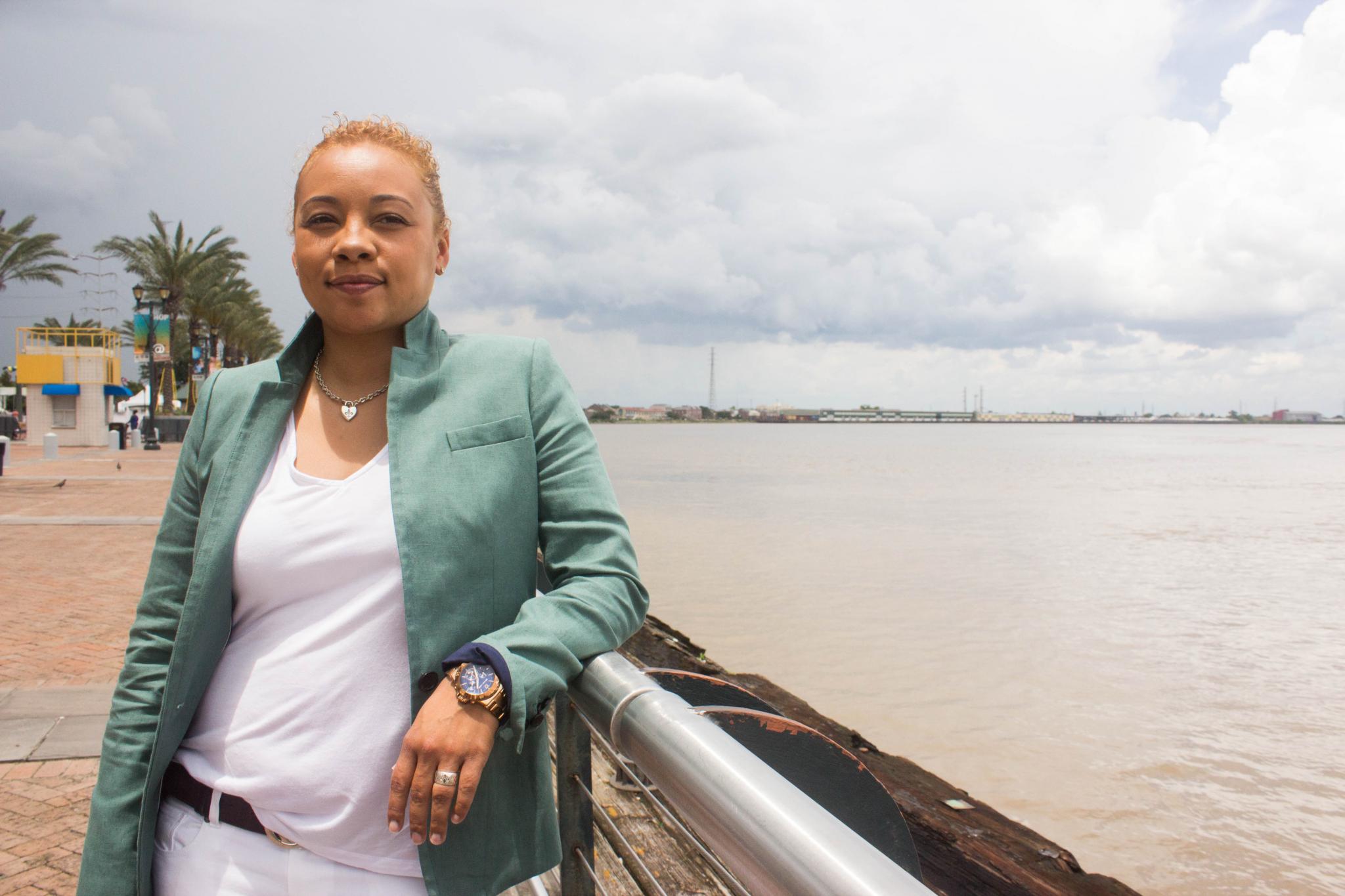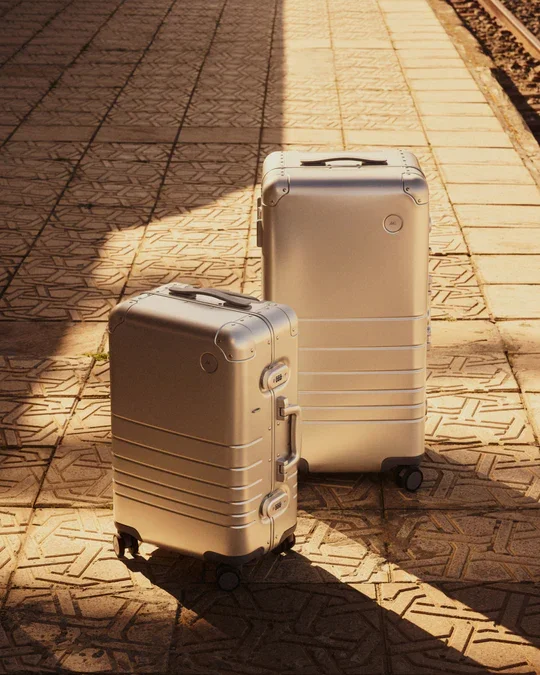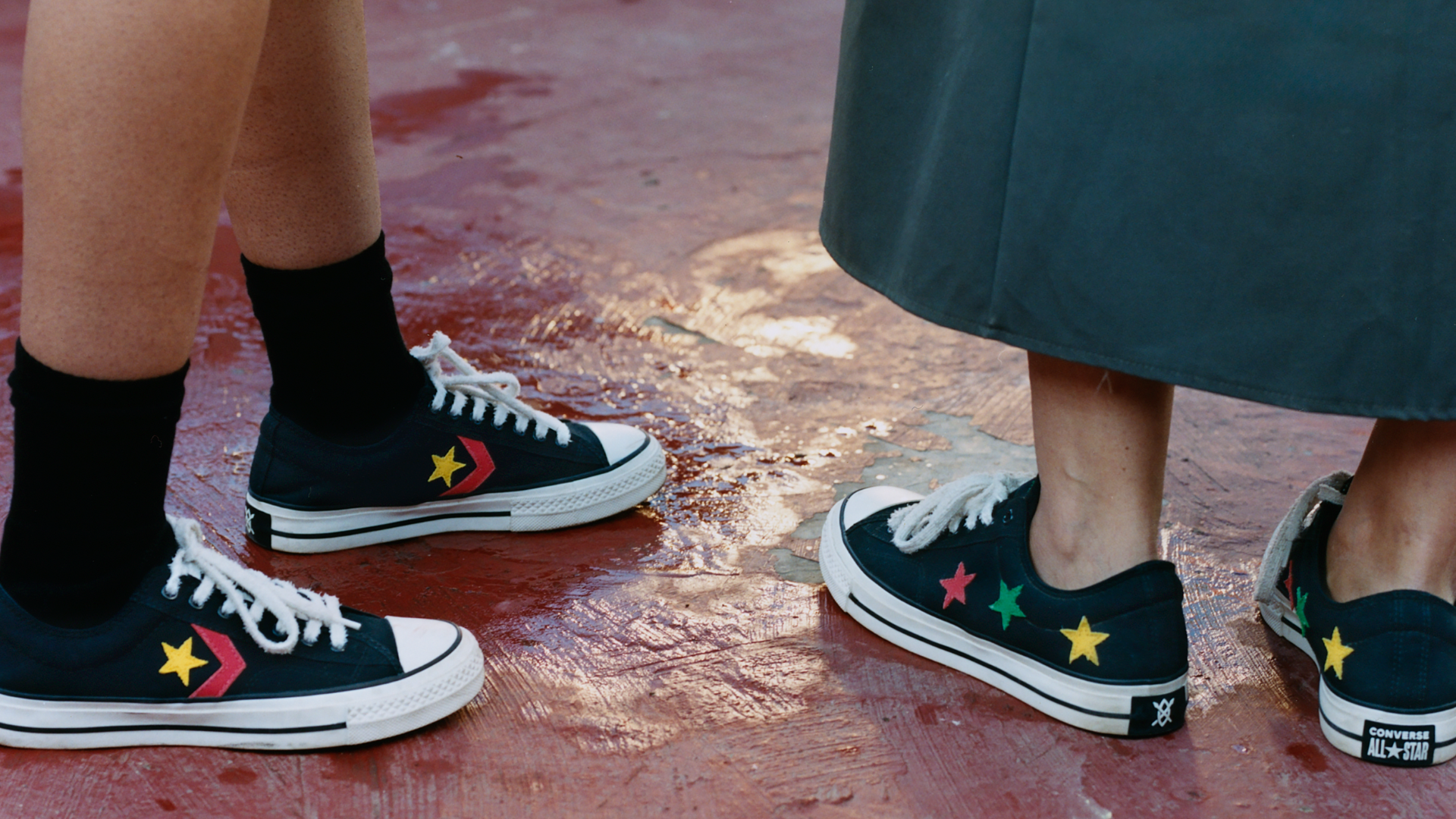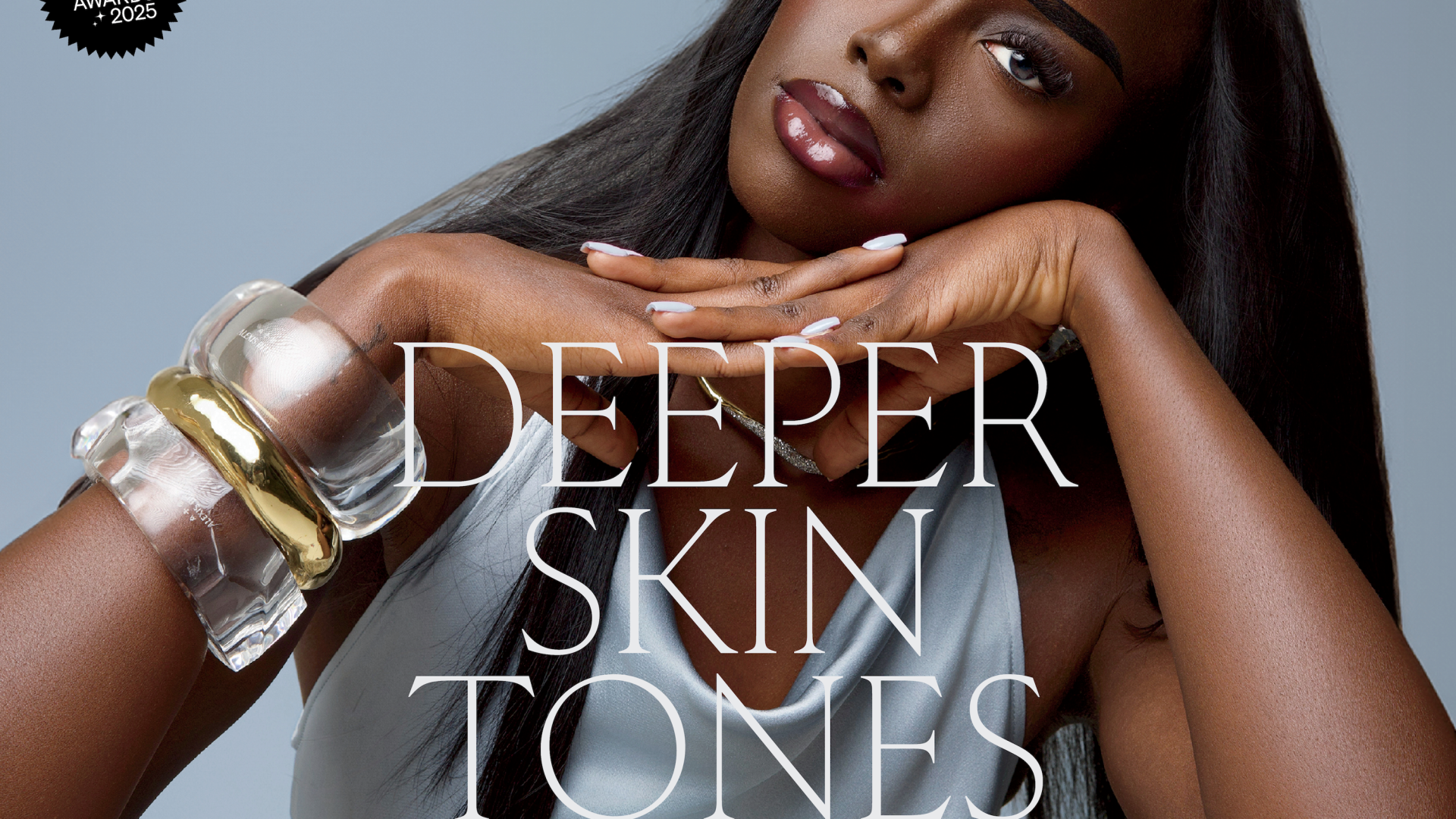
After Hurricane Katrina left the city of New Orleans underwater in August 2005, Iam Tucker knew that she had to do something to help. The New Orleans native applied to the Baton Rouge Police Department to aid in the recovery of the city, but she moved back home in 2008 to take over her father’s position as president and CEO of Integrated Logistical Support, Inc., a New Orleans engineering firm whose mission is to strengthen and the city’s infrastructure, after he announced that he was retiring.
Seven years into her job, Tucker, 32, has been an integral part in revitalizing the New Orleans’ internal systems while simultaneously being an outspoken proponent of Black-owned businesses.
Can you tell me a little bit about what Integrated Logistical Support does?
We are a civil and structural engineering company in the city of New Orleans. We primarily do work for government entities, whether that is the city of New Orleans, the United States Army Corps of Engineers or the state Coastal Protection and Restoration Authority. Once Katrina hit, all of our contracts were cancelled. It’s like you go from ramping up, having everything going to nothing, but my dad managed to keep the doors open in the midst of Katrina.
We primarily have government clients for whom we do drainage work, drainage design and civil engineering, but do have private clients as well. One project that the firm has been working on for over 18 years—in partnership with fellow engineering company BCG Engineering—is a $1.3 billion Southeast Louisiana Flood Control Program (SELA), which is aimed to reduce the flood damage in the city and in surrounding parishes by building pump stations and better drainage canals.
The SELA program is dedicated to mitigating the constant disasters that we go through every time there’s a light rain, and Katrina just exacerbated the problem times 10. We live in a bowl in New Orleans, so every time is rains, we constantly find ourselves trying to pump water out. It’s a major issue that New Orleans has always had, but we have a better opportunity to fix it now with since we have more dollars from Congress. You keep hearing about New Orleans fatigue in Congress because we kept asking about money that we need, but we needed money long before Katrina.
What has your firm has done to help the revitalization of New Orleans?
We’ve done projects with the Housing Authority of New Orleans in the housing area. We’ve had small part doing utility work for trying to get residents back in these housing developments. I think it’s very important to try to get the residents back here, and so we’re proud of that work. Part of the downfall of Katrina was the broken levees on the 17th Street canal. Making sure that these levees are sound and doing our inspections is a big, big deal. Keep in mind that this infrastructure was poor and damaged before Katrina, so Katrina wiped it out even more. We’ve been investing in a lot of FEMA-funded projects in order to get us back on track for where we need to be.
What do you feel still needs to be done when it comes to New Orleans’ infrastructure?
I think that there have been great strides in a lot of areas in the city, but in the more predominately African-American areas, recovery has been a lot slower. We’re not seeing the Ninth Ward coming back as fast as it needs to. Even though it recently reopened the community center, which is a big deal, the residents need to see the equity in it. They need to see equitable recovery. While the 10th anniversary is a great thing in a lot of ways, it is a reminder of the work that we’ve got to do to keep moving forward, and we’ve got to do it as one city.
You’ve been vocal in increasing the visibility of Black-owned businesses. How have you and your firm brought some of those entrepreneurs to the forefront of the conversation?
I meet with Disadvantaged Business Enterprise (DBE) business owners as much as I can to make sure that the DBEs know where to be and know how to present yourself. That’s the way that I think is the most petal-to-the-metal way to uplift other firms: to join hands with them and say, ‘Let’s go get this work together. Let’s win it, and let’s continue building a path of performance together.’
I’m a part of The Collaborative, a group of DBE business owners. We come together every week and discuss what’s going on and what’s not. We don’t endorse candidates, but we do get involved and make sure that we are encouraging the community in its recovery.
This is a majority-Black city. Black businesses have been around to help shape this city for eons, so why is it when we go to recover, why should the makeup look completely different after recovery than it did before?







Why was it important to you to work for a company that was directly tied to rebuilding the city post-Katrina?
Because I was born and raised in the city, and there is no place on earth like New Orleans. I like to call it the strangest little “island” in America. Even after I left the city, I always knew that I would be back in New Orleans. I didn’t know how God would bring me back, but He brought me back in the way of taking over my family’s business after Katrina.
It is not just a duty, but a pleasure to come back here and try to make this city better. You cannot be from here and turn your back on this city. I feel like I’ve had a better situation than most in the city. It is my duty to help, and I hope that other New Orleanians take it on as their duty to help move this city forward.
This city is on the brink of something great, and it’s an opportunity that we might not have had if not for Katrina. It’s exciting, and I want to be a part of it, and I want other people to be a part of it. I want other people to see New Orleans for what everybody else has fallen in love with.





